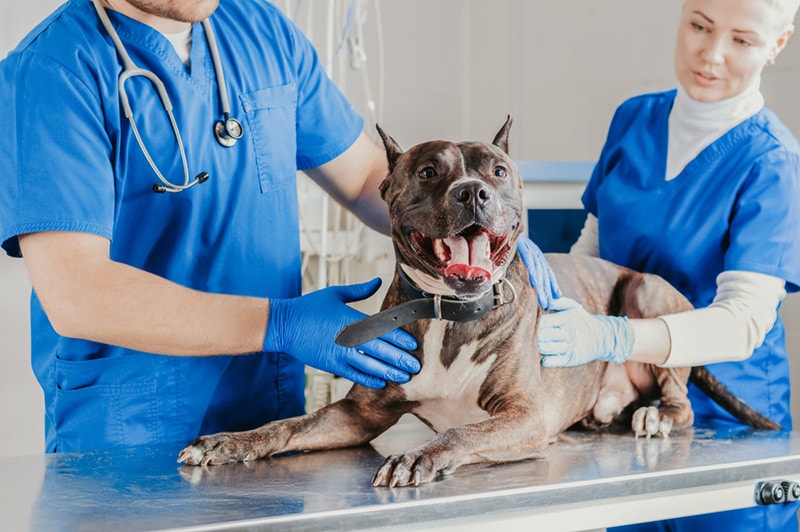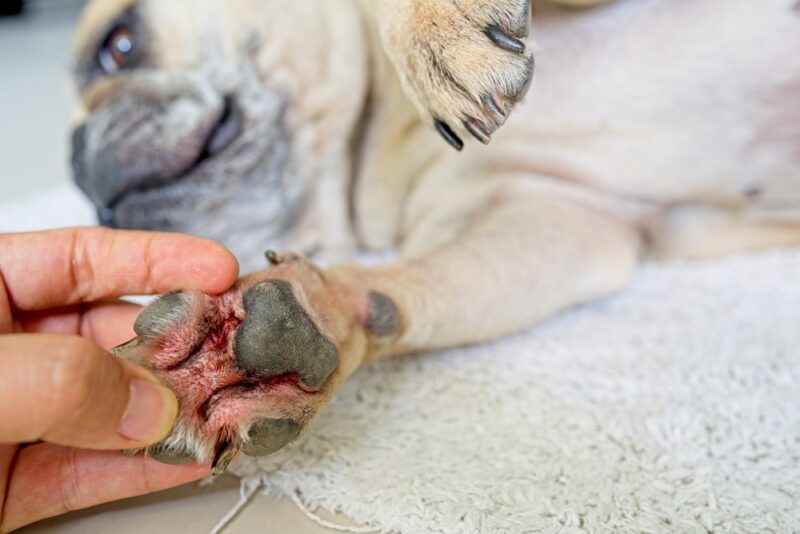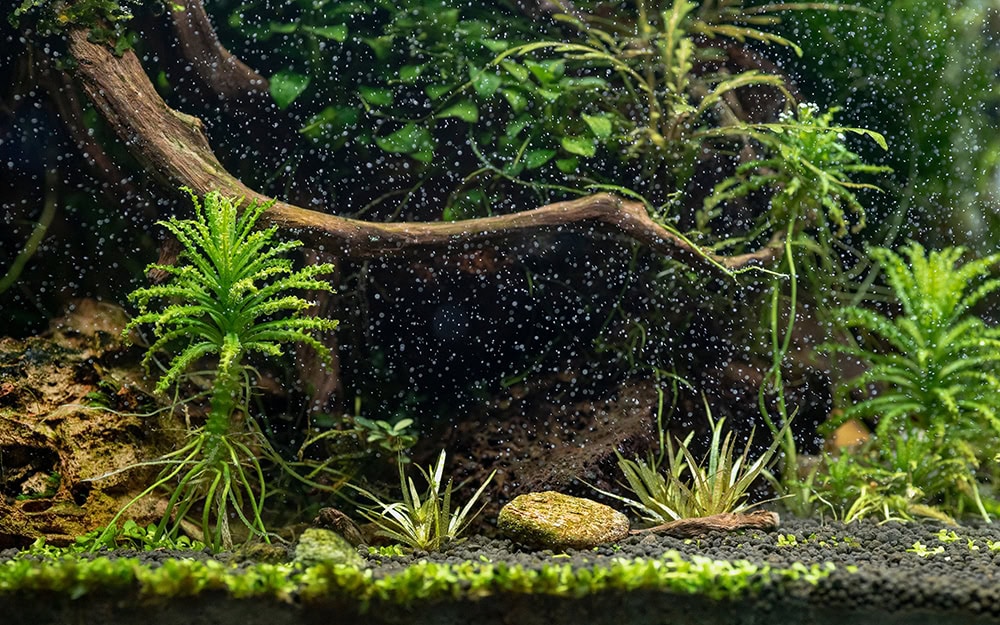How Often Do Tortoises Poop? Our Vet Answers
By Dr. Luqman Javed, DVM (Vet)
Updated on
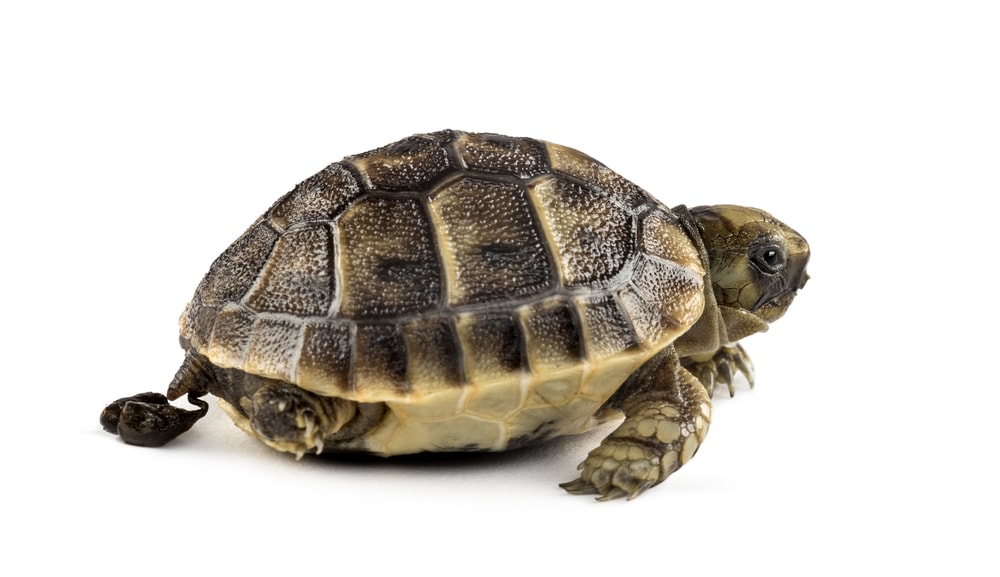
Click to Skip Ahead
While it might not be pleasant to look at, a tortoise’s poop can provide valuable information about their health. Factors like the color of the poop and frequency of bowel movements can help you get a better picture of your tortoise’s health and if they’re eating an appropriate diet. In general, healthy adult tortoises that are not brumating (hibernating) will poop once a week or once every other week. Younger tortoises will poop more frequently.
In this article, we answer common questions regarding tortoise stools and how they can help you take better care of your tortoise.
How Often Do Tortoises Poop?
Tortoises have low metabolism, so it can take them a few days to poop. Younger tortoises may poop a little more frequently, but fully mature adult tortoises tend to poop only about once a week or once every other week.
Several studies have looked at the gastrointestinal transit time in various species of tortoises. This is the time that it takes for any food that the tortoise ingests to go through their gastrointestinal system and exit their body as feces. The following table summarizes the findings of two such studies.
| Species | Common Name | Gastrointestinal Transit Time |
| Testudo pardalis | Leopard tortoise | 6–7 days1 |
| Chelonoidis nigra | Galápagos tortoise | 12 days (most-observed result)2 |
This long transit time in adults is not unusual and is comparable to that of certain freshwater turtle species. For instance, a study found that the Yellow-Spotted River turtle (Podocnemis unifilis) had a transit time of around 18 days on average3.
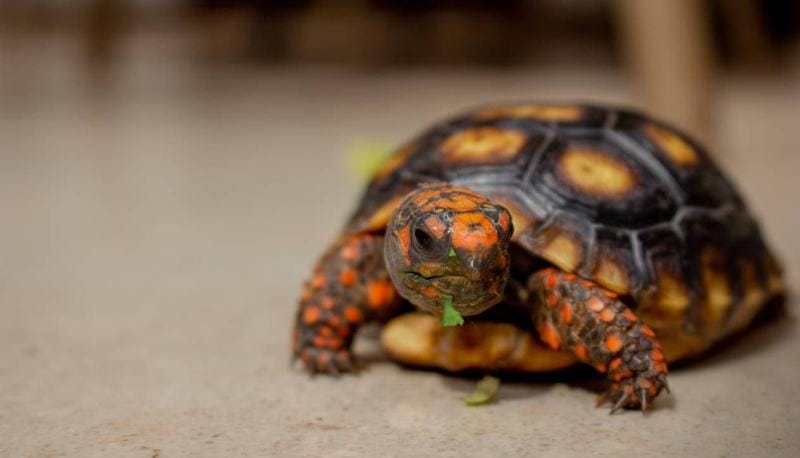
Why Do Tortoises Take So Long To Poop?
Tortoises take a long time to poop because of their digestive physiology—specifically, how their large intestine works.
In most animals, there is a gentle, wave-like motion that occurs throughout the digestive tract, known as peristalsis. It is involuntary, and its role is to help food move along the digestive tract.
In all turtles (including tortoises), the large intestine can actually perform reverse peristalsis. When this happens, the large intestine actually reverses the flow of the ingested food. It sends it back upward, perhaps to allow more time for the gut microbes to process the food. This action has been studied in some species4, and it contributes to a delay in the amount of time that it takes for a tortoise to poop.
It is likely that your pet’s diet will play a huge role in how often they poop. Although wild tortoises have a diet that comprises largely of roughage, tortoises kept as pets are often fed a more nutritionally dense diet. Therefore, this might alter their digestive physiology and change the frequency at which your pet poops. Such observations have been noted in species comparisons among tortoises5.
What Does Healthy Tortoise Poop Look Like?
Healthy tortoise poop usually has a green or brown color and looks fibrous. You can usually see some of the types of greens your tortoise has eaten inside their poop. The poop should be moist but not runny. Like birds and other reptiles, tortoises excrete urine (water-like) components and urates (pasty-white chalky excretions). All three components can be passed together whenever a tortoise poops. At other times, a tortoise may just pass urine and urates but not poop.
Like humans, loose stool or diarrhea indicates an underlying issue for tortoises. Your tortoise may have gotten an upset stomach from eating something like excessive fruit, or they might have a gut parasite. If your tortoise is experiencing diarrhea, it’s best to work with your veterinarian to determine the cause.
Likewise, a tortoise that doesn’t poop at all might have ingested something that they weren’t supposed to, or they have an inappropriate diet. In most cases, constipation results from low dietary fiber or the ingestion of high amounts of sand, substrate, or stones and pebbles.
Generally speaking, unless your tortoise is brumating (hibernating), they should have a voracious appetite and spend most of their waking hours foraging. A tortoise that refuses to eat and stays retracted in their shell requires veterinary attention.
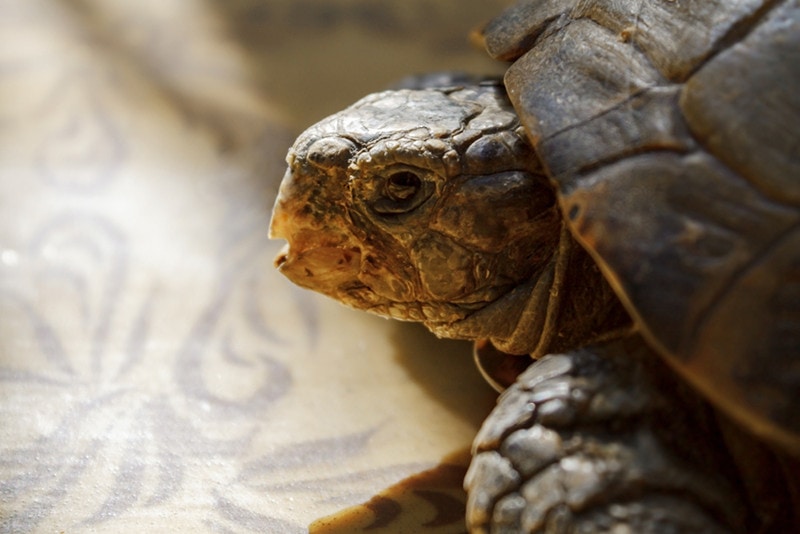
Does My Tortoise Need Help Pooping?
It’s helpful to keep track of your tortoise’s pooping schedule so that you know what’s normal and abnormal behavior from your tortoise. If you notice that your tortoise hasn’t passed a bowel movement for far too long, it’s best first to consult your veterinarian. They can conduct a physical exam to see if there are any changes to your tortoise’s health. You can also receive recommendations and a treatment plan to try to help your tortoise poop.
Warm Water Bath
In some cases, tortoises just need a little extra help to poop. One common way to encourage bowel movements is to soak tortoises in a warm bath. You can do this by filling a shallow bin with lukewarm water. The bin should only be filled with a few inches of water, and the water shouldn’t go beyond the upper parts of your tortoise’s legs. Let your tortoise soak in the water for up to 30 minutes. Soaking may help encourage them to poop

Final Thoughts
A healthy adult tortoise poops relatively infrequently, and it is considered normal for them to only pass feces once a week or even once every other week. A tortoise’s poop can tell you a lot about their health, especially regarding their diet and gut health. So, make sure to keep track of your tortoise’s poop schedule, and be mindful of how certain foods may affect the consistency and frequency of their poop. If you notice any changes, don’t hesitate to contact your veterinarian to check up on your tortoise and ensure that they’re staying healthy and happy.
Featured Image Credit: Eric Isselee, Shutterstock


